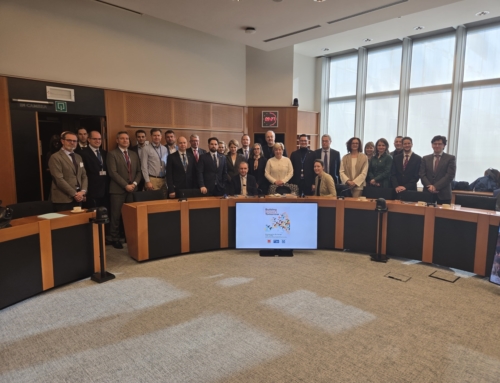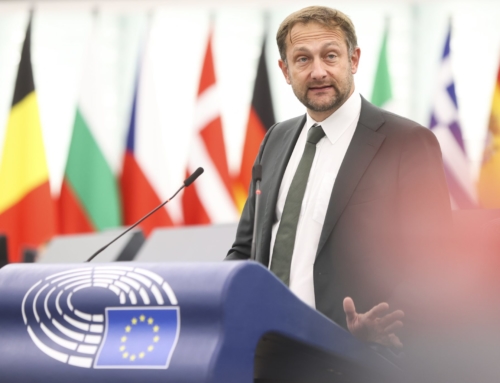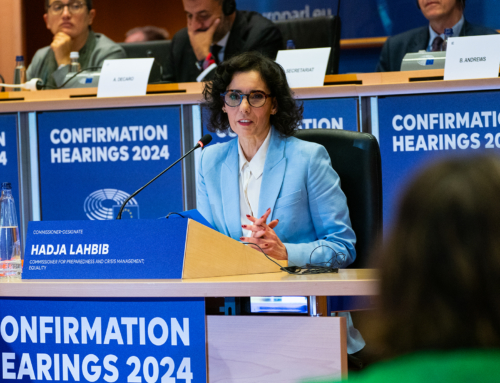3rd March 2015 – On the very day when the European Day for a Work Free Sunday is celebrated across Europe, at the EU Parliament, and in the presence of MEPs from different political groups, the European Sunday Alliance launched the first European Interest Group on WORK-LIFE BALANCE.
For the first time, the interest group – supported by representatives of politicians, trade unions, business executives, family and sports organisations and representatives of churches and religious communities – brought together 50 people to discuss how to ensure that EU legislation respects and promotes workers’ health and promotes a better balance between family and private life and work. Participants shared the consensus, that these objectives do not conflict with the objective of economic competitiveness, in the contrary. Competitiveness needs innovation, innovation needs creativity and creativity needs recreation. The event was held under the patronage of MEPs Evelyn Regner (S&D) and Thomas Mann (EPP).
Last year, many of the MEPs present signed the European Sunday Alliance pledge.
The issue of work-life balance, decent working hours and synchronised free time for all citizens in Europe is important for many reasons: at a personal level for time together with family and friends, social, cultural or sports activities, at a spiritual one as a day of rest and religious edification and above all to ensure an adequate time of rest. A lack of work-life balance often leads to absenteeism, psycho-social stress at work and burn-out and it has a clear negative impact on the economic productivity.
The relevance of the topic becomes even more evident as the European Commission refers in its ongoing public consultation[1] on the review of the Working Time Directive to fundamental changes, which have occurred in the world of work and the economy and that impact on many aspects of the organisation of working time. The members of the interest group on work life balance believe that the current legislation does not sufficiently address the issue of balance between work and private life and does not ensure that workers can enjoy a common weekly day of rest. A thorough reflection and discussion on how to best ensure the protection of EU citizens’ work-life balance is therefore urgently needed.
Interest Group provides the right format and opportunity to bring Members of the European Parliament and representatives from civil society and other organisations together. It will offer a platform a regular and informal exchange of views, knowledge and expertise on the different aspects and actors involved to ensure a better work-life balance for all.
This was the first of a series of events that will address the issue of work-life balance and that will continue for two years from now. The next meeting of the Interest Group will take place on 1 June 2015. Prof. Rosa from the German Friedrich-Schiller-University of Jena will be speaking about the acceleration of time under a sociological perspective.
Secretariat of the European Sunday Alliance







